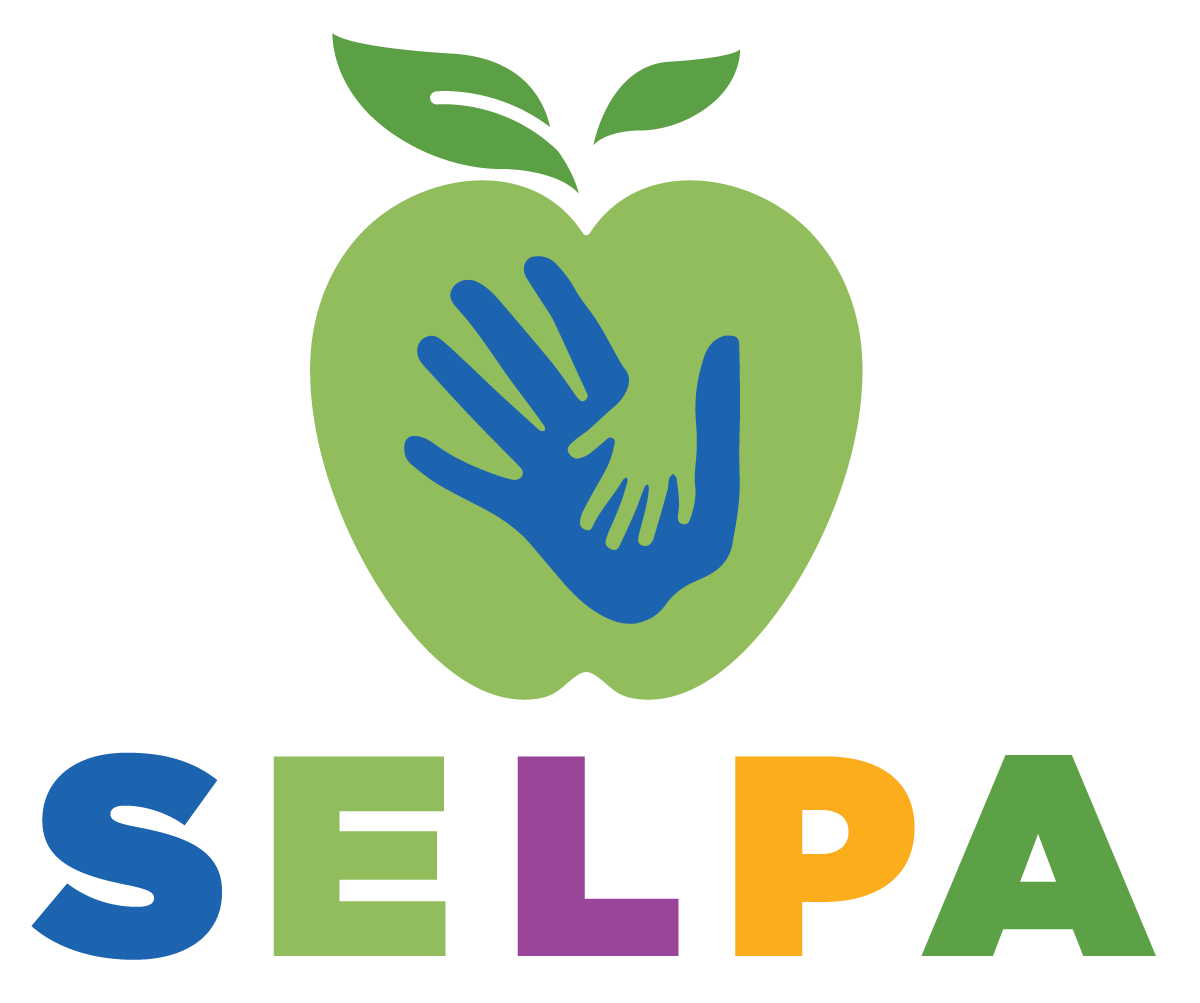What does ADR look like?
What does ADR look like?
ADR is an effective way for ALL families of children with special needs to work with their schools and school districts to resolve disagreements.
What does ADR look like?
Depending on the circumstances of the dispute, various effective ADR strategies may be recommended for ALL families of children with special needs to work with their schools and school districts to resolve disagreements.
Family Engagement for IEP Teams:
- Consultative support to school site IEP teams on collaborative family engagement strategies to help support and foster positive communications and active participation in the IEP process
- Involves school site staff/district staff meeting with the Independent Facilitator/Mediator and having an authentic and confidential discussion about concerns related to family’s participation, engagement, capacity, trust, rapport, communication and/or conflicts. The Independent Facilitator/Mediator will schedule the meeting with the school/district staff to provide helpful tools and brainstorm ideas/options for the school IEP team members to utilize during the upcoming IEP meeting or other type of upcoming meeting with the family.
Family and Staff Training:
Family Support for IEP Process:
- Family Support for IEP process may involve the Independent Facilitator/Mediator answering questions, conferencing with the family, reviewing the IEP or IEP related documents with the family and addressing parent concerns or needs. The Independent Facilitator/Mediator can gather and share information as well as inform and instruct the family on the IEP process and what it means.
- The Independent Facilitator/Mediator can also collaborate directly with the school team to examine areas of conflict and provide helpful tools and brainstorm ideas/options for the family to utilize during the upcoming IEP meetings or other types of upcoming meetings with the school.
Facilitated IEP by Independent Facilitator:
- An Independent Special Education Facilitator facilitates the IEP team meeting. The goal of the facilitated IEP meeting is improved communication, mutual understanding and collaboration. While the goal of IEP meetings is typically to reach an agreed upon and signed IEP document to implement the student’s goals, services and accommodations on the IEP, it is just as worthwhile for the IEP process to foster a collaborative and student-focused approach. While conflicts and disagreements are not always avoidable, the manner in which the IEP process is handled can result in a respectful, mutual understanding of the student, their needs and offered services. The facilitator can assist with agenda building, team collaboration, re-framing, options, communication and mutual respect throughout the IEP process.
- Prior to the IEP meeting, the Independent Facilitator will schedule separate confidential planning meetings with the family and the school site staff to understand and explore the areas of support needed during the IEP team meeting and process. In addition, through these planning meetings, the agenda will be reviewed and fine-tuned prior to the IEP meeting.
- In preparation for the planning meetings and Facilitated IEP meeting, it is helpful if the Independent Facilitator is provided with some background information such as a recent IEP or assessment.
Support for IEP Team Engagement:
- Support for IEP Team Member Engagement may involve the Independent Facilitator meeting with individual District IEP team members (including administrators) separately in planning meetings and then together to discuss any concerns related to the IEP process, communication between District IEP team members and/or potential misunderstandings or disagreements.
- The purpose of these confidential meetings would be to facilitate a collaborative and restorative professional relationship between individual IEP team members, as needed.
- This process can also be used as an individual confidential meeting with the Independent Facilitator that does not involve engaging and involving any other team member participants. The meeting provides the individual with additional tools and options for collaborative engagement with other team members.
Resolution Session:
- A Resolution session is an opportunity that allows the parent/ guardian to discuss the facts of their concerns and possible resolutions. Resolution sessions provide the District another opportunity to resolve the conflict at a local level without the utilization of third parties.
Informal Local Mediation:
